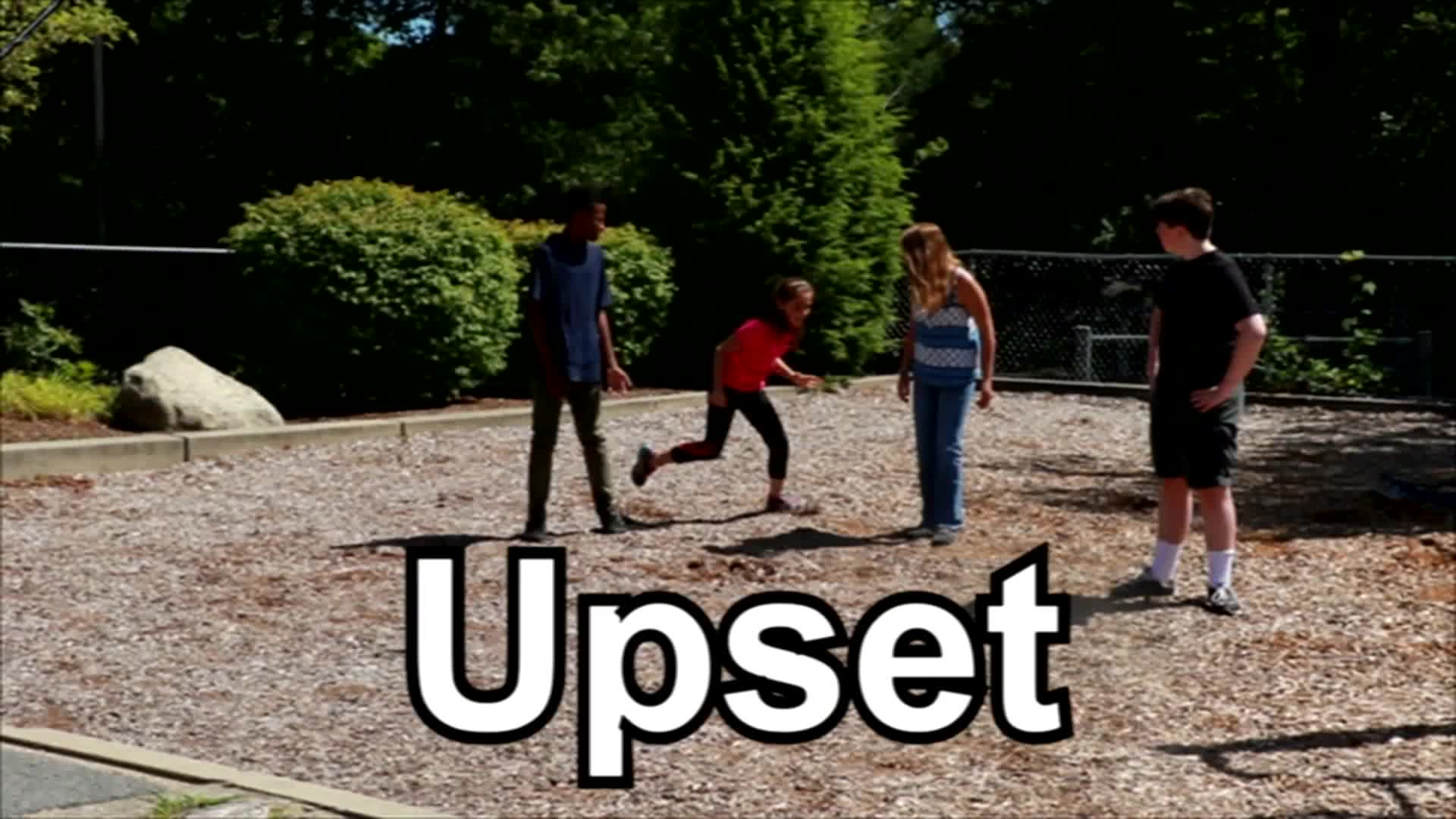Introduction
Social skills are essential for students’ success in school and life. In special education, developing these skills is a crucial aspect of a student’s Individualized Education Program (IEP). This blog post focuses on the target skill of joining a group without interrupting, a fundamental social skill for elementary students.
Understanding the Target Skill: Joining a Group Without Interrupting
The target skill involves learning how to join a group without interrupting or disrupting ongoing activities. This skill ensures that students can participate in social interactions while respecting the boundaries of others. Developing this skill contributes to a positive learning environment and promotes students’ wellbeing.
The Role of Specialists
Various specialists can support the development of the target skill in students:
- Speech-Language Pathologists: They can help students improve their communication skills, including the appropriate use of language when requesting to join a group.
- Social Workers: They can assist students in understanding social norms and expectations, as well as provide guidance on how to navigate group dynamics.
- Psychologists: They can address any underlying emotional or behavioral issues that may be affecting a student’s ability to join a group without interrupting.
- School Counselors: They can provide ongoing support and resources to help students develop and maintain healthy social relationships.
IEP Goals for Target Skill
Here are some SMART IEP goals to improve the target skill in elementary students:
- Within six months, the student will demonstrate the ability to join a group without interrupting in 4 out of 5 opportunities, as observed by the teacher.
- By the end of the school year, the student will use appropriate language to request to join a group in 90% of attempts, as measured by teacher observations and data collection.
Strategies and activities for implementing these goals include:
- Role-playing scenarios to practice joining a group without interrupting.
- Teaching students to use phrases like “May I join?” or “Is it okay if I play, too?”
- Providing visual cues and reminders to help students remember the steps to join a group appropriately.
- Collaborating with specialists to address any additional needs related to the target skill.
Implementing and Measuring Progress
To implement these goals effectively and measure progress:
- Regularly monitor students’ progress through observation and data collection.
- Communicate with other team members to ensure consistency in teaching and reinforcing the target skill.
- Adjust goals and strategies as needed based on the student’s progress.
- Involve the student in the process by discussing their goals and celebrating their achievements.
Conclusion
Developing the target skill of joining a group without interrupting is crucial for elementary students’ social success. By setting SMART IEP goals and collaborating with specialists, educators can support students in achieving these goals. We encourage you to apply these strategies and goals in your classroom and invite readers to explore more resources at Everyday Speech Sample Materials.






